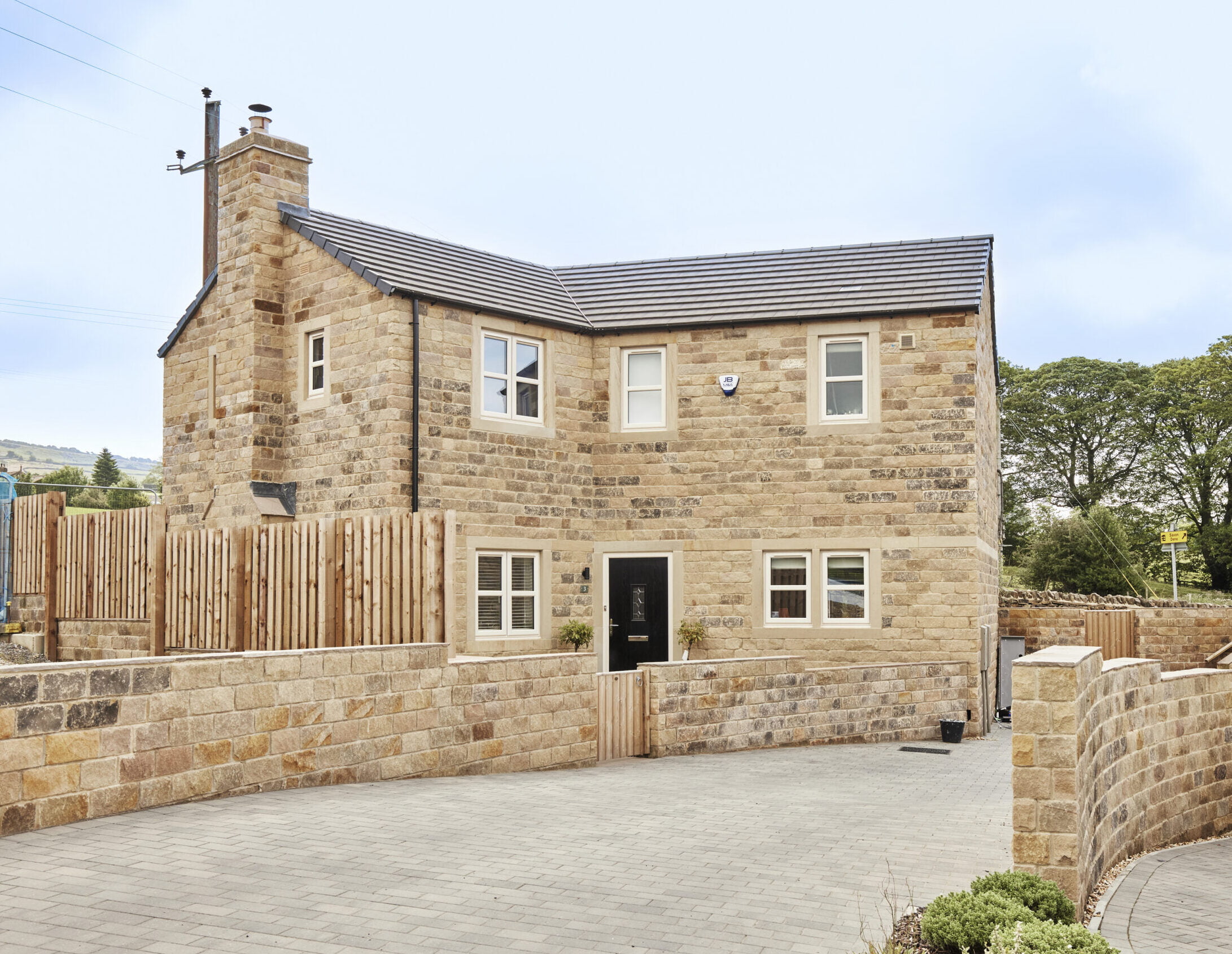What you need to know…
What happens when you port your mortgage?
Porting a mortgage is relatively uncomplicated. First, speak with your lender and inform them about your intention to move. They will review your circumstances to verify your continued eligibility for the existing mortgage deal. Your financial situation may have evolved since your initial mortgage application, so they will need to check your eligibility for the deal.
Assuming your reassessment proves successful, you can then “port” the mortgage to finance your new property. Essentially, the process mirrors what you would go through when purchasing a home with a new mortgage offer.
How can you work out your eligibility to port a mortgage?
Most mortgages are portable, and this flexibility is typically an inherent feature of the mortgage agreement with your lender. Nevertheless, it’s advisable to consult with your lender to confirm whether this option is available in your case.
Usually, you can work out your ability to port your mortgage if you can verify the following:
- Your mortgage agreement explicitly mentions the option to do so
- Your lender affirms your eligibility for mortgage porting
- Any introductory offer period (e.g., a two-year fixed rate) has reached its conclusion
If your mortgage cannot be ported, you may need to explore alternative choices.
Can you switch mortgages if porting is not an option?
You certainly have the prerogative to switch to a new loan if your circumstances allow. However, choosing this path may incur fees, particularly because you are prematurely exiting your current mortgage deal.
We recommend speaking with your lender to get an overview of your present circumstances. Afterwards, speak with a mortgage adviser about the different options available to you. You may even discover that not porting your mortgage could provide better value for your financial situation.
What fees will I have to pay for porting my mortgage?
If you are considering downsizing or relocating to a more cost-effective area, your existing mortgage might adequately cover the required amount for your new property. In this case, you may only need to pay specific fees, such as a valuation survey fee. In some cases, you might even have the opportunity to renegotiate the house price following a survey.
Nonetheless, unique circumstances may necessitate additional fees.
Is it possible to port a mortgage and borrow more money?
If you need additional funds to finance your new home, you might still be able to port your mortgage. Keep in mind that increasing your mortgage loan may entail paying a fee. You might incur an exit fee if you wish to exit your current mortgage.
Can a fixed-rate mortgage be ported?
Opting to exit before the conclusion of an introductory offer period, such as a two-year fixed rate, could mean paying an early repayment charge in addition to other exit fees. Typically, this charge ranges from 1% to 5% of the remaining mortgage debt, potentially making it an unattractive option during the early stages of your mortgage term.
Is porting your mortgage right for you?
Mortgage porting can be an appealing option for those considering downsizing or relocating to a more budget-friendly area. It enables you to retain a comfortable deal with minimal hassle and few, if any, fees. However, if your situation is more complex, it’s advisable to carefully weigh up your alternatives and seek guidance from a mortgage expert to identify the most suitable mortgage solution for your needs.
We are on hand to chat with you about the options available and offer guidance about what would best suit your unique needs and circumstances.

Bolton Gardens – Silsden
View Development

Croft Mill – Foulridge

